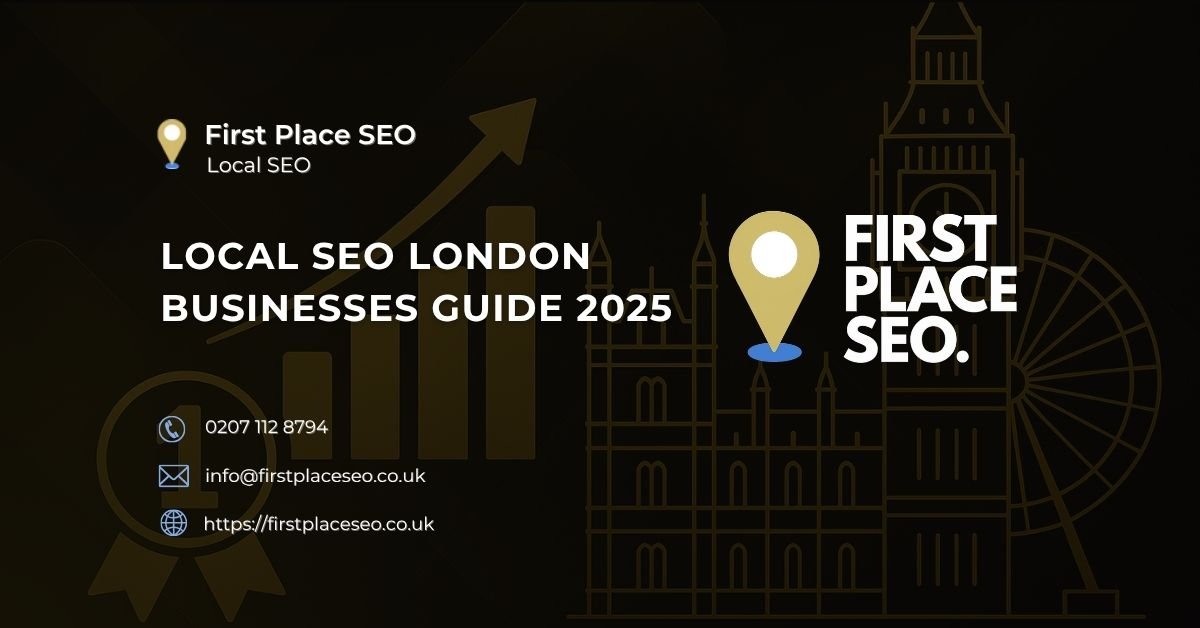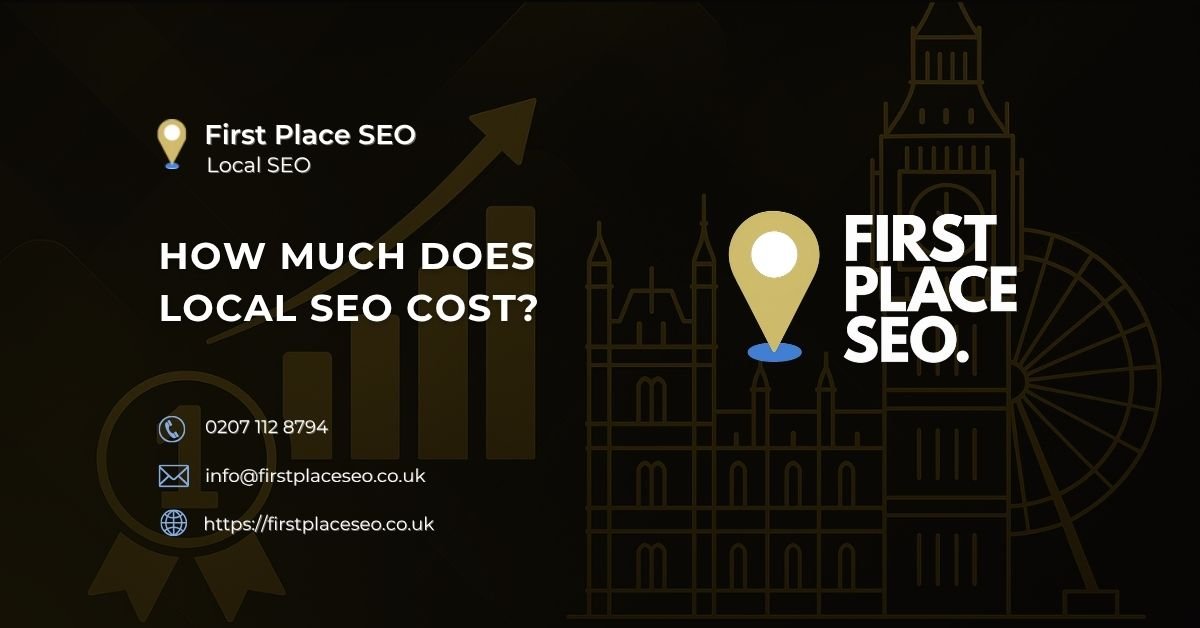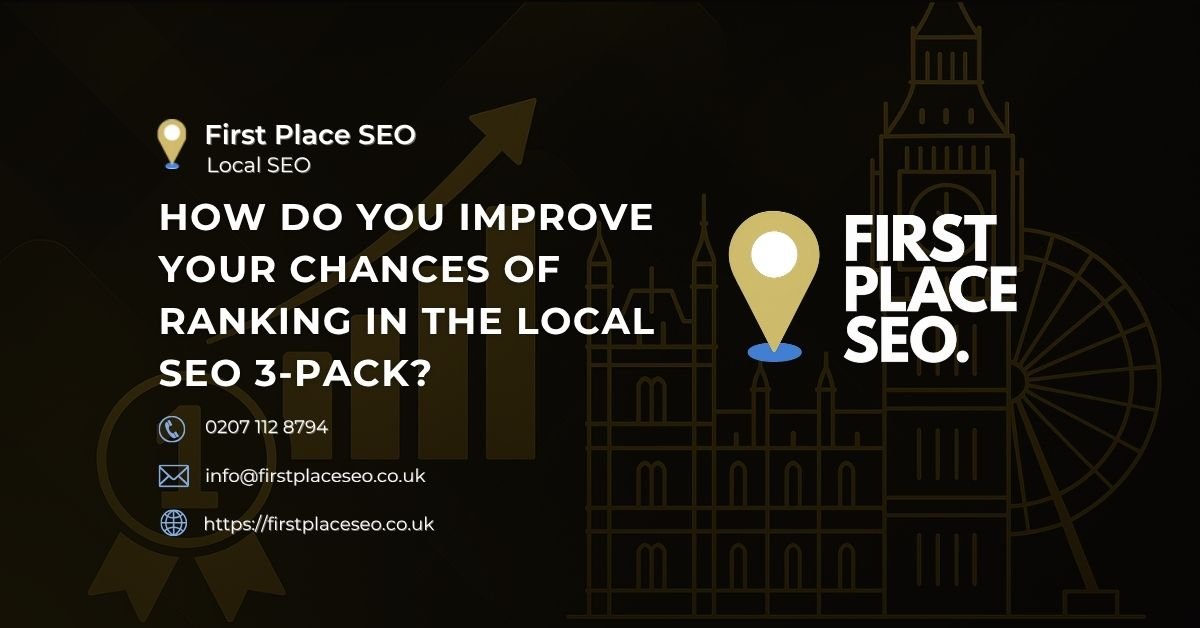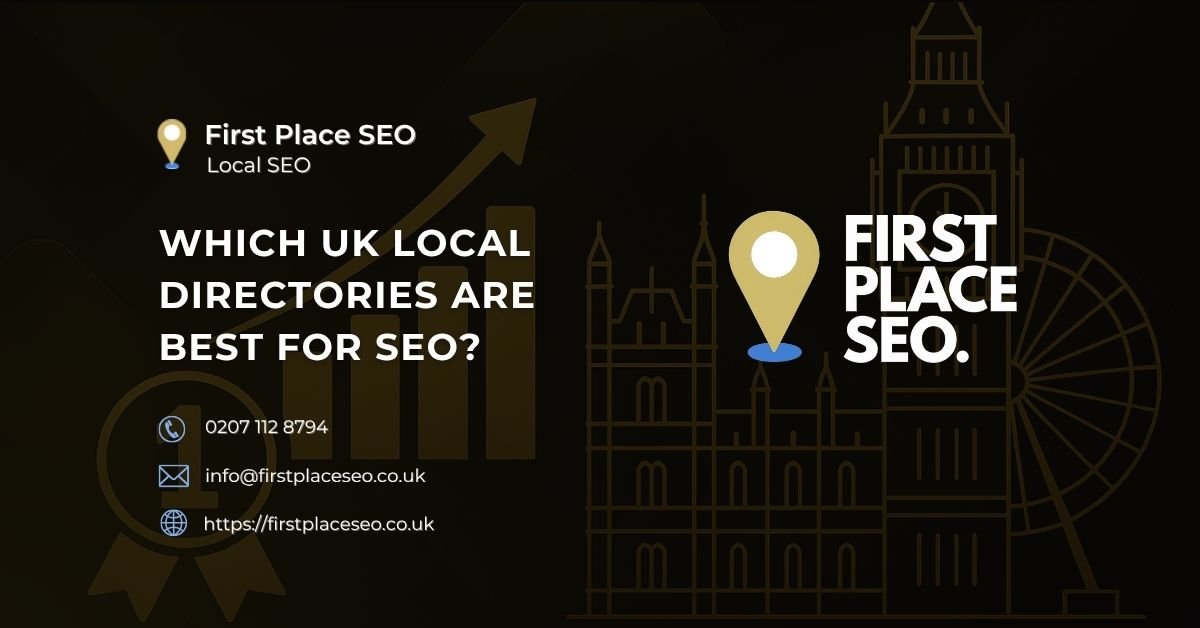Frequently Asked Questions on Keyword Rankings
How often should I check my keyword rankings?
Regular monitoring is recommended. Checking weekly or bi-weekly helps you stay on top of changes and adjust your strategy accordingly.
What are long-tail keywords, and why are they important?
Long-tail keywords are specific phrases with lower search volume but higher conversion rates. They help you reach niche audiences and improve conversion rates.
Can I track keyword rankings for multiple locations?
Yes, tools like SEMrush and Ahrefs allow tracking of keyword rankings based on different locations, search engines, and device types.
How do I choose the right keywords to track?
Focus on primary, secondary, and long-tail keywords relevant to your business. Use keyword research tools to identify high-potential keywords.
What should I do if my keyword rankings drop?
Analyse potential causes such as algorithm changes, increased competition, or technical issues. Adjust your SEO strategy to recover rankings.
Is it necessary to use paid tools for tracking keyword rankings?
While paid tools offer comprehensive features, free tools like Google Search Console can provide valuable insights. Choose based on your needs and budget.
Tracking keyword rankings is an ongoing process requiring the right tools, regular monitoring, and strategic adjustments. By staying on top of keyword performance, you can make informed decisions that improve your SEO efforts and drive more organic traffic to your site.












